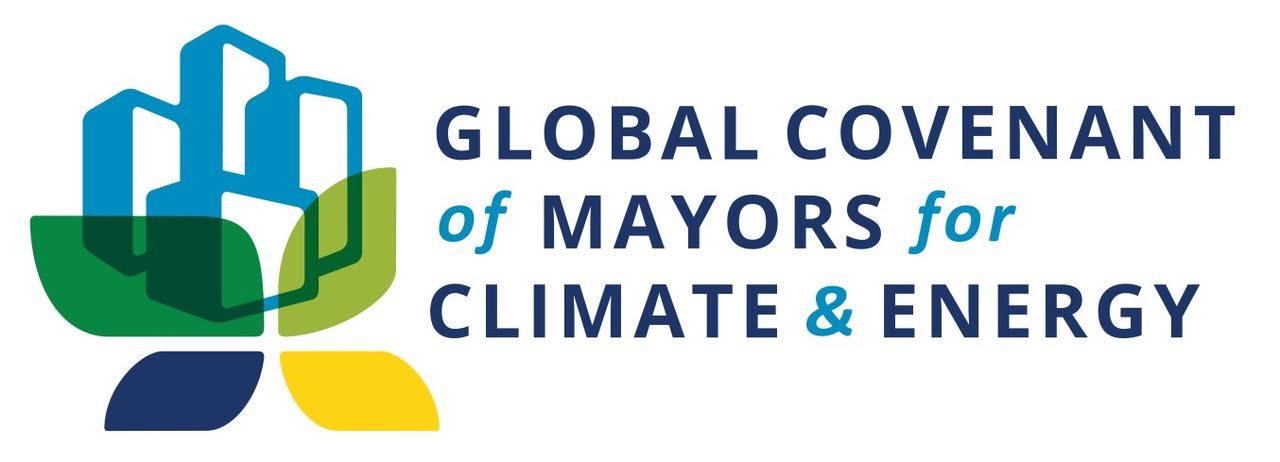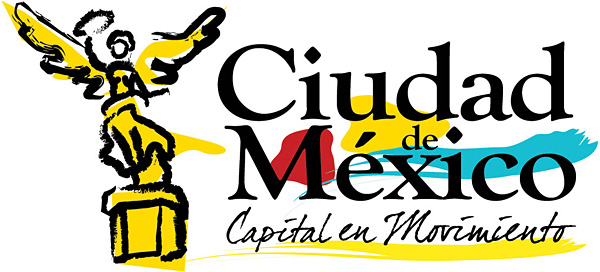- Home
- Reporting entities
- Municipality of Curitiba
Municipality of Curitiba
Brazil Mayor: Rafael Valdomiro Greca de Macedo-
Population 1893997

-
Area 434.0km 2
-
GDP 79 BillionBRL
-
Targets by N/A N/Aemission
Targets by Municipality of Curitiba
There are no targets yet
- Start year:
- Type: Technical / Infrastructural
- Status: Under construction / set up
The action involves the adjustment of exclusive lanes for collective transport, by moving away tube stations so that a third and fourth lanes are created for overtaking. This allows using bus lines called Ligeirão, which are faster and have less stops. This project is being implemented along the North-South and the East-West axis.
There will also be adjustment of lanes, the renovation, enlargements and implementation of bus terminals, and traffic lights’ prioritization integrated with the Mobility Integrated System. It is previewed improvements in pavements and on-level crossings for terminals and stations accessibility and the implementation of integrated bike racks, as well as the removal of cyclists from collective transport sharing to the marginal lanes along the structural axis.
In spite of constant investments in Curitiba and its Metropolitan area’s public transport, the Integrated Transport Network has been facing challenges, mainly due to intense increase in private vehicles’ traffic. There are more than 1.300.000 registered vehicles, creating operational problems for the public transport and mobility in general. Congested traffic has generated increase in time travels and difficulty in maintaining the system’s frequency, discouraging the use of mass transport because of lack of regularity.
Policies towards mass transport prioritization has always kept Curitiba worried about seeking for viable solutions, linked with urban and metropolitan development of its mass transport.
In this perspective, where it has always sought to advance in the future, the current need for more advancements in solutions in the city’s transport system is vital. The consolidation of the Structural Axes and the integration with the Metropolitan area has made the seeking for new adequate technologies to mass transit demand necessary. In order to do so, the Municipality has developed several projects aiming the increase in the system’s capacity.
The system, implemented in 2010 and improved in 2011 with the operation input of the biggest bus in the world, operates in two axes from the integrated transport network in Curitiba. There are 24 buses carrying 68.000 passengers a day. It has benefited not only the ones who go from suburbs to center, since it is faster, but the ones who take the Expresso, whose demand pressure is lower so time is gained.
Besides the benefits and improvements in mass transit corridors in operation, at the end of the project 55 brand new bi-articulated buses (Ligeirão) will run on biofuel (B100), substantially contributing to the reduction of greenhouse gas emissions. Beyond that, the biking modal will benefit from the project, since shared lanes (cars and bikes), bike racks will be implemented along the exclusive lanes.
- Residential
- Transport

- Start year: 2012
- Type: Technical/Infrastructure investment
- Status: Completed
At Rio + 20 in June 2012 the mayor presented Hibridus, a
hybrid bus with an electric and biodiesel driveline, soon to
be part of the city’s public transportation fleet. Sixty hybrid
vehicles with an 85-passenger per-bus capacity will join the
Integrated Transportation Network starting in September
2012. The new technology affords up to 35% better fuel
economy and reduces 90% of polluting gas emissions in
comparison to conventional buses with Euro 3 technology.
Additionally, the new buses are silent some 30% to 40% of
operating time.

- Start year: 2012
- Type: Policy/Strategies/Action Plans
- Status: In operation
RPPNM’s main objective is protecting fauna and flora in reserve
properties featuring significant native vegetation. The
original owner retains title to the property, but the mechanism
brings advantages such as property tax relief equal to
forested area value; the right to transfer 100% of the property’s
development rights to other city areas; and a right
to negotiate Private Reserve status with Natural Municipal
Heritage authorities.

- Start year:
- Type: Technical/Infrastructure investment
- Status:
In addition to flood prevention, the objective is to improve
conditions in parks with historical, civic and tourism value.
The Barigui project calls for dredging its namesake river to
extend the existing canal and install mechanical locks to
control water volume. São Lourenço’s current manual locks
will be mechanized for more rapid water-level adjustment,
particularly in case of heavy rains. Tingui Park work focuses
on bank recovery and containing erosion brought on by the
park’s capybara population.

- Start year: 2012
- Type: Policy/Strategies/Action Plans
- Status: In operation
In May 2012 Curitiba began major flood prevention and
control interventions. Initial Barigui River investments will
improve river flow between the Fazendinha district and the
Barigui Delta adjoining Fazenda Rio Grande. Along a 22-kilometer
course, flow conditions will be improved, banks will
be cleaned and the bed will be dredged, easing rainwater
flow and avoiding flood points.

- Start year:
- Type: Policy/Strategies/Action Plans
- Status:
New recreational and environmental preservation areas will
be established in a 210-thousand m² parcel on the banks
of the Barigui River, an at-risk area formerly home to local
families subsequently placed in affordable housing developments.
New parks will feature recreation equipment,
paving, public lighting, drainage works, playgrounds, hiking
trails, sandboxes and landscaping; both parks are part of the
Viva Barigui Linear Park that will link existing parks, woods
and recreational areas to conservation units as a means of
fostering biodiversity and a Barigui River infrastructure corridor.

The Municipality of Curitiba has reported 1 Community emission inventory, since 2012. In its latest inventory, compiled in 2012, the Transport, Waste management, Stationary energy, Agriculture, forest and other land use and Agriculture, forest and other land use are identified as key emission sources.
Mayor Rafael Valdomiro Greca de MacedoMunicipality of Curitiba, Brazil





